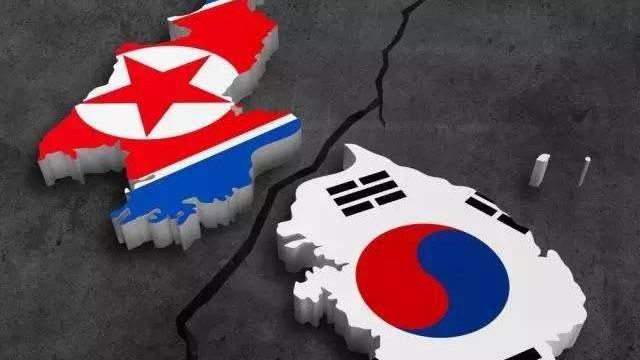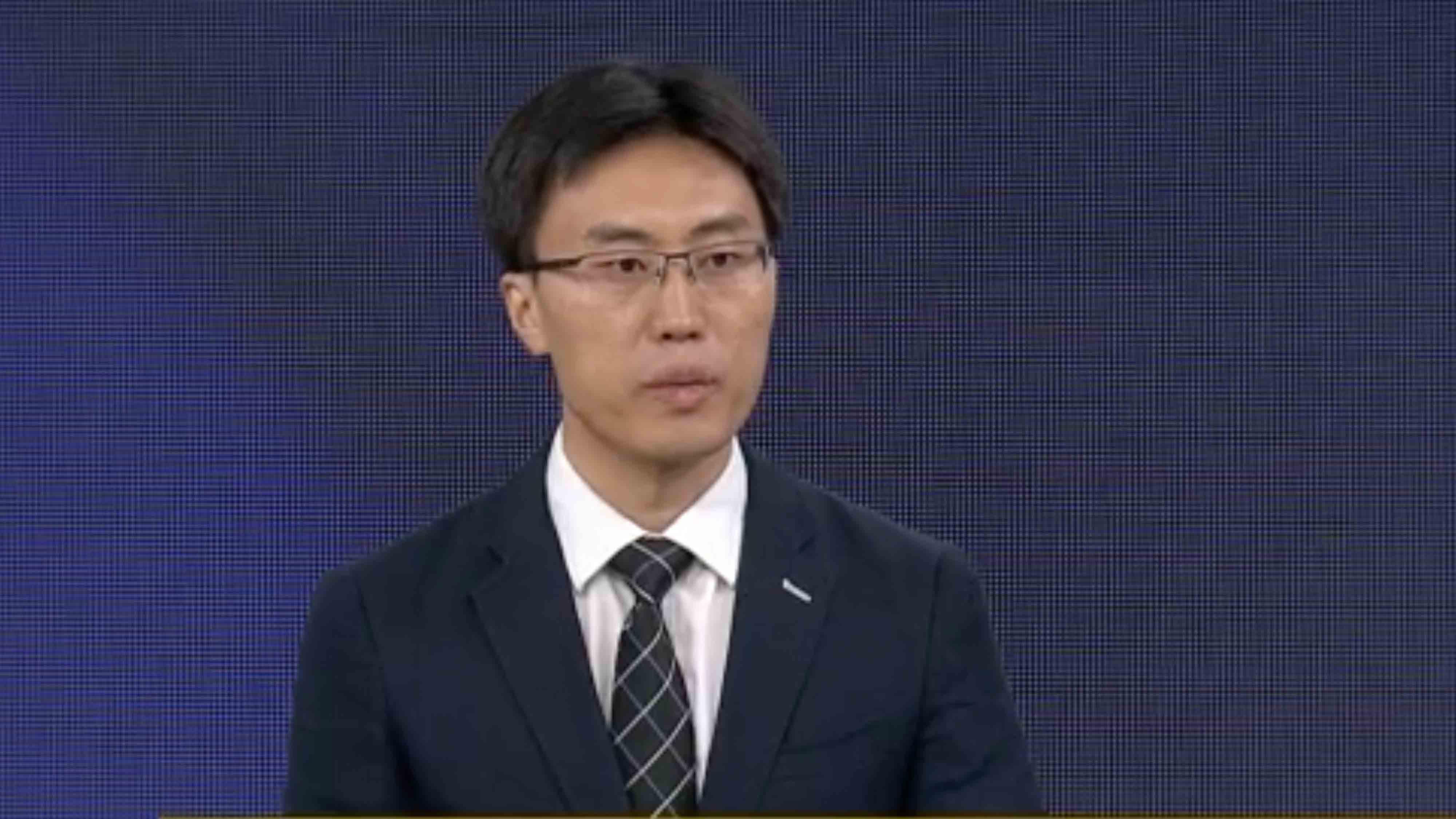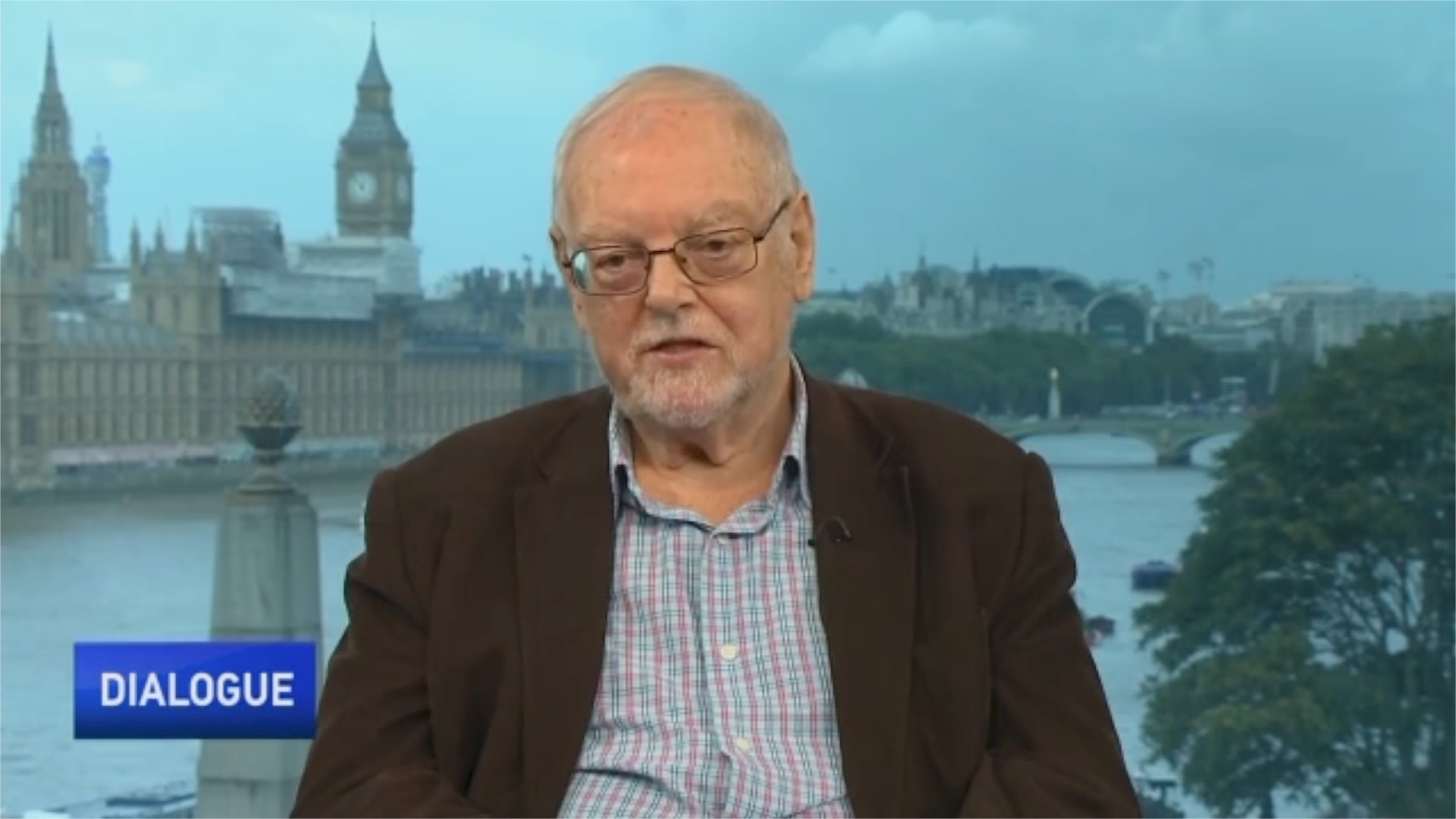
Politics
11:33, 07-Sep-2017
Korean Peninsula crisis: Military action or dialogue?
CGTN

By CGTN's Dialogue
“The DPRK’s missiles don’t need to be 100% reliable to consist a creditable deterrence,” says Zhao Tong, a nuclear and international relations expert and a fellow from the Carnegie-Tsinghua Center for Global Policy.
He says that theoretically the DPRK doesn’t necessarily need to have full-blown nuclear missile capability to pose a threat.

“We could see the DPRK’s nuclear capability is growing with new thermal nuclear weapons and long-range missiles. One reason for the DPRK to develop its nuclear capability is to make the US face reality and come to negotiate rather than asking Pyongyang to give up,” he said.
Doctor J. E. Hoare, an associate fellow of the Asia Programme at the Royal Institute of International Affairs says that a military option to resolving this crisis would be both dangerous and uncertain.
“Many people will lose lives and economic destruction in East Asia will impact world economic pattern,” he said.

“Also, a surgical strike will not guarantee whether the DPRK still have capability to retaliate since Pyongyang is good at hiding materials and weapons in places where we don’t’ know about. The DPRK’s retaliation would possibly affect its neighbors like South Korea and Japan.”
Dialogue with Yang Rui is a 30-minute current affairs talk show on CGTN. It airs daily at 7.30 p.m. BJT (1130GMT), with rebroadcasts at 3.30 a.m. (1930GMT) and 11.30 a.m. (0330GMT)
802km

SITEMAP
Copyright © 2018 CGTN. Beijing ICP prepared NO.16065310-3
Copyright © 2018 CGTN. Beijing ICP prepared NO.16065310-3